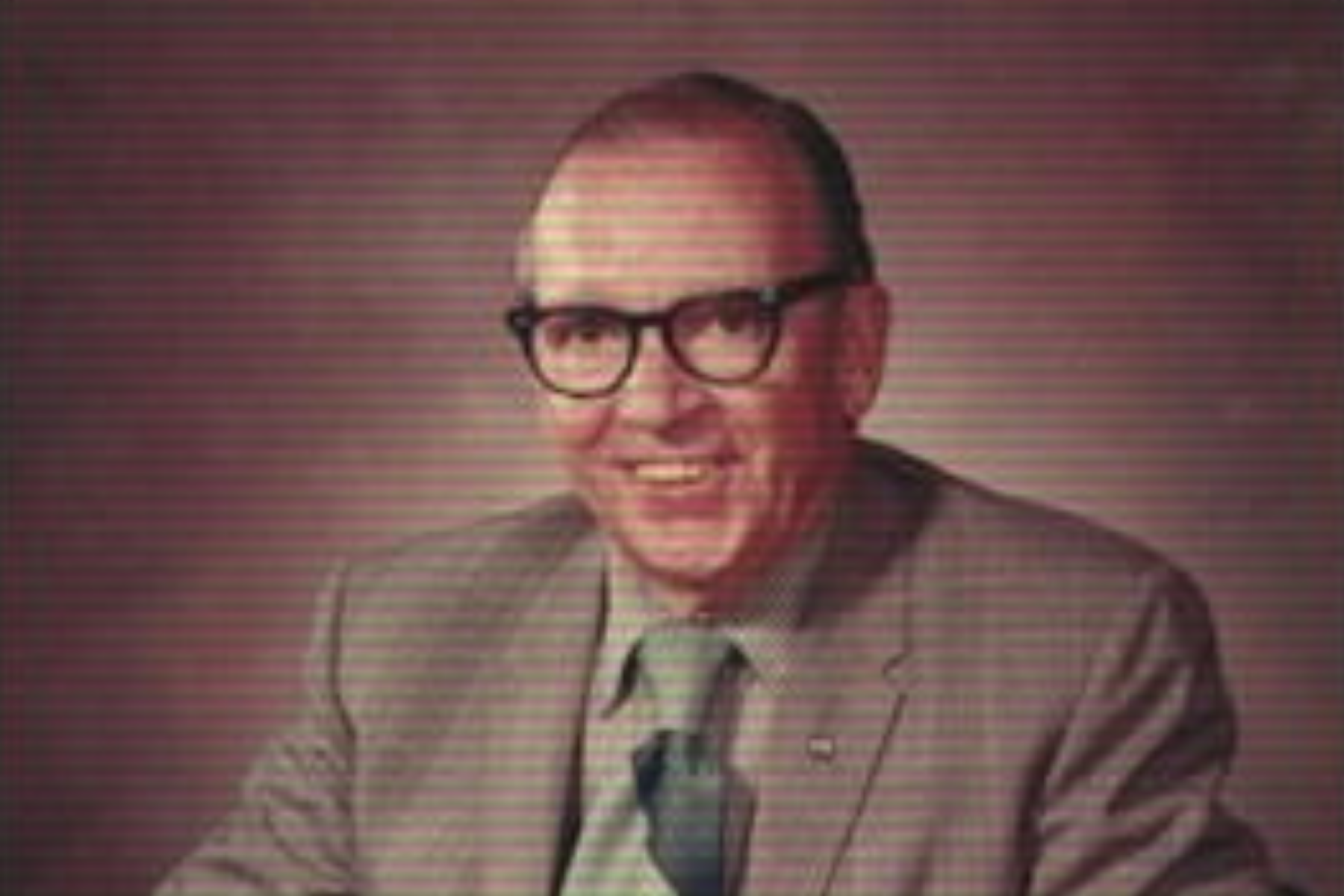
The lecture series, created to honor Dr. Gilbert, brings outstanding individuals in the field of medicine to discuss great ideas and vital issues current in the health professions.
About the Series
The College of Natural Sciences biannually hosts a nationally recognized leader in the medical field for the annual Joe Thorne Gilbert lecture. Past speakers have included some of most recognizable names in medicine. Students interested in the health professions are invited to attend.
Speakers at Joe Thorne Gilbert Lecture Series Speakers:
- Charles Fraser, M.D.
- Francis Collins, M.D., Ph.D.
- Ben Carson, M.D.
- Francisco G. Cigarroa, M.D.
- Mark W. Kline, M.D.
- Dot Richardson, M.D.
- Atul Gawande, M.D.
- Laurance B. McCullough, M.D.
- Patch Adams, M.D.
- Denton Cooley, M.D.
- Oliver Sacks, M.D.
- James “Red” Duke, M.D.
- C. Everett Koop, M.D.
- Abraham Verghese, M.D.
- Nancy Dickey, M.D.
- James O'Connell, M.D.
- Paul Farmer, M.D.
- Danielle Ofri, M.D.
- Vanessa Grubbs, M.D.
Questions about an upcoming event in this series?
Contact College of Natural Sciences events.
The Schedule
About Joe Thorne Gilbert
Dr. Joe Thorne Gilbert was born on August 7, 1905, in Austin. Dr. Gilbert received his B.A. from the University of Texas and earned his M.D. from The University of Pennsylvania School of Medicine in 1929. Soon after the United States entered World War II, Joe Thorne volunteered his services as a surgeon to the Army Medical Corps. Dr. Gilbert was deeply engaged with his home city of Austin, serving in a leadership capacity for several community organizations. In journal editorials and public speeches, he urged his physician colleagues to engage in community and political service. In an article he wrote in the International Surgical Digest he encouraged “The nurturing qualities that help fight disease: compassion, understanding, and support.” The Joe Thorne Gilbert Lectureship is evidence that he lived these words. It represents donations from so many grateful patients and respectful colleagues who appreciated his quick and skillful hands, kindly bedside demeanor, and wit. Dr. Gilbert served his patients for 56 years from 1929 until Parkinson’s disease forced his retirement in 1985. As illness withered his body and finally immobilized him, Joe never complained of his condition, and his humanity and a fine sense of humor remained part of him until his death in 1989.
